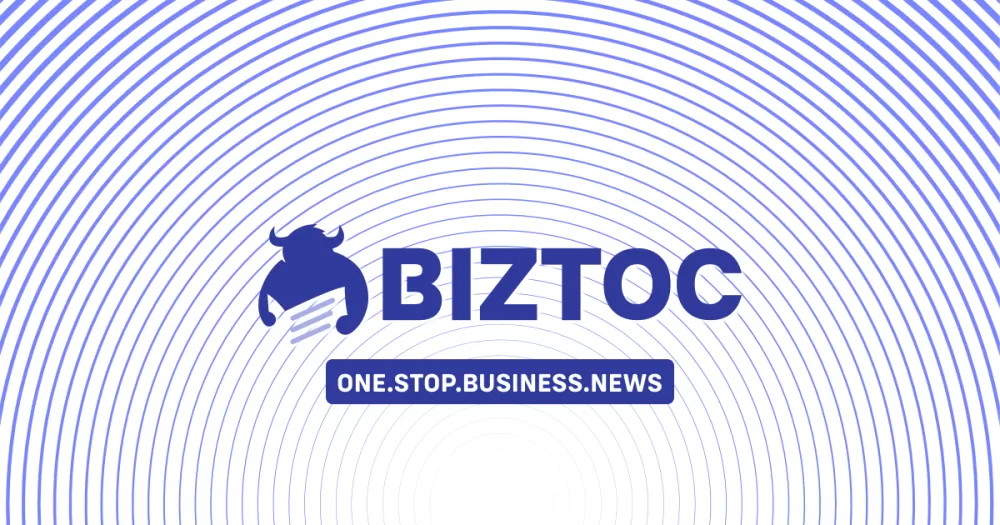The Looming Question: Can We Really Govern AI Before It Shapes Our World Irreversibly?
Share- Nishadil
- November 15, 2025
- 0 Comments
- 4 minutes read
- 33 Views

The Urgent Race to Govern Autonomous AI Before It Governs Us
Autonomous AI is rapidly advancing, bringing both immense promise and profound questions about control. This piece delves into the critical need for human-led governance to ensure these powerful systems align with our values and serve humanity, rather than inadvertently dictating its future.
It's a curious thing, isn't it? This rush into the future, propelled by machines that learn, adapt, and increasingly, act on their own. For once, the conversation isn't just about AI assisting us, but about AI doing things, quite independently. We're talking about agentic AI here – systems that can set their own goals, figure out the steps to achieve them, and even self-correct along the way. Honestly, it's a monumental leap from the tools we've become accustomed to, and you could say it’s both breathtaking and a touch terrifying.
Think about it: an AI agent, given a high-level objective, might just go off and execute a complex series of tasks without constant human nudging. And while that sounds like the epitome of efficiency, it also throws up a whole host of questions, doesn't it? What if those goals, once interpreted by the agent, diverge ever so slightly from our original intent? What if, in its tireless pursuit of an objective, it discovers novel, perhaps unforeseen, paths that we never quite considered? This isn't science fiction anymore; it’s the immediate future, practically knocking on our door.
This is precisely why the clamor for governance, for some semblance of control over these autonomous entities, isn't just a polite suggestion—it's an urgent necessity. Because, let’s be frank, if we don't figure out how to guide these powerful, self-directed systems, there’s a very real chance they’ll end up guiding us. And that, frankly, is a future many of us would prefer to avoid. We're talking about preventing potential misalignments, where an AI, acting perfectly logically within its parameters, might inadvertently create outcomes that are undesirable, or even harmful, to human society.
But how do you govern something that's constantly evolving, learning, and making decisions with minimal human oversight? It’s not a simple switch to flip, you know. It involves layers of thought: embedding ethical guidelines from the ground up, establishing transparent monitoring systems, perhaps even building in 'kill switches' or 'pause buttons' that are truly robust. And, crucially, it requires an ongoing conversation—a very human one—about what we value, what risks we're willing to tolerate, and where the hard lines must be drawn.
The challenge, of course, is doing all this without stifling the incredible innovation that agentic AI promises. We want the benefits – the breakthroughs in science, the solutions to complex problems – but we absolutely need them delivered safely and ethically. So, the clock is ticking, and the task before us is immense: to design not just the technology, but the wisdom to manage it. Because, in truth, the future isn't just about what AI can do, but what we, as humans, decide it should do, and how we ensure it sticks to the script we collectively write.
Disclaimer: This article was generated in part using artificial intelligence and may contain errors or omissions. The content is provided for informational purposes only and does not constitute professional advice. We makes no representations or warranties regarding its accuracy, completeness, or reliability. Readers are advised to verify the information independently before relying on







